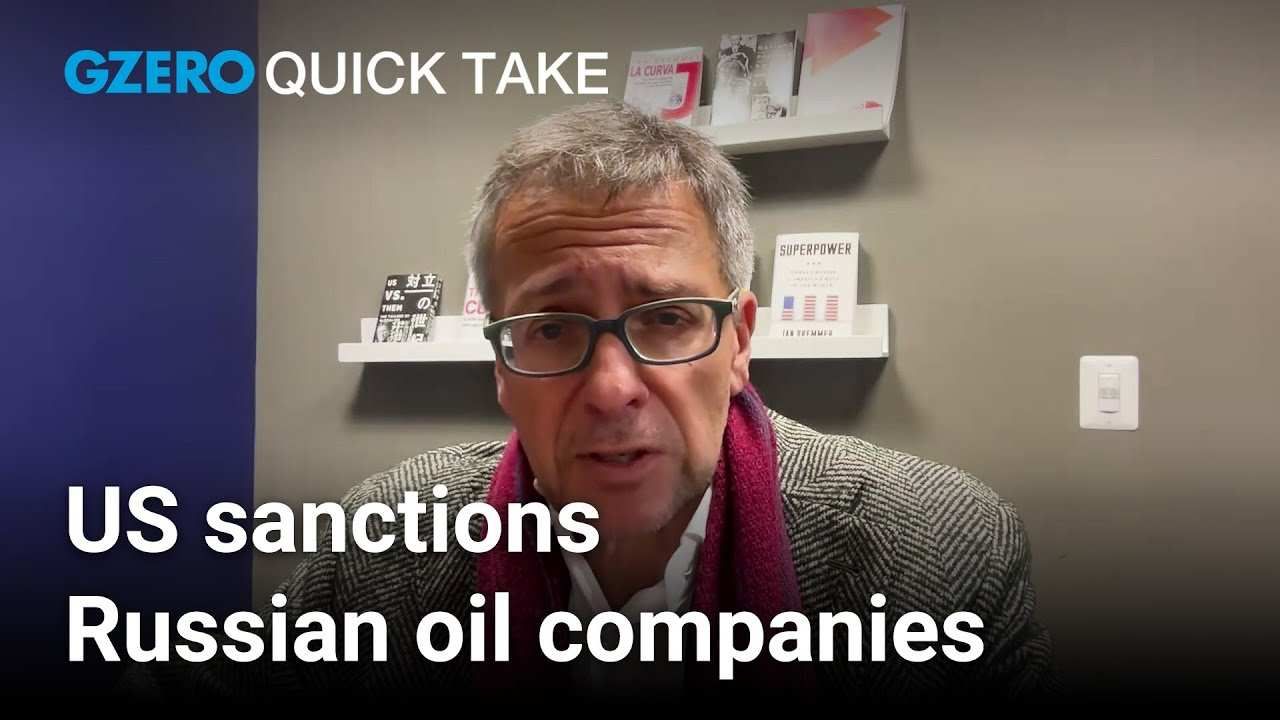What We're Watching: Brexit Battles, Israel and Iran, and Clashes in Cameroon
Brexit Battles – UK Prime Minister Boris Johnson's government has asked Queen Elizabeth to temporarily suspend Parliament for five weeks starting in September. That would dramatically shrink the time available for MPs who oppose the government's Brexit plans to pass legislation before the October 31 Brexit deadline that would prevent the UK from crashing out of the EU without a deal – and may make it impossible. Hobbling Parliament could give Johnson more leverage in his talks with the EU to modify the terms of the UK's withdrawal agreement, after Germany's Angela Merkel and France's Emmanuel Macron promised to consider any credible new ideas from Johnson on how to handle the Irish border. But this is a huge escalation, and MPs may respond with their own nuclear option – a no-confidence vote.
Iran-Israel Proxy Flare-Up – On Sunday, Israel confirmed it bombed an Iran-backed militia group in Syria that it says was preparing to launch "killer drones" against Israeli targets. Israel is also thought to be behind attacks on Iranian-allied groups in Lebanon and Iraq, and hits on Hamas targets in Gaza. The governments of Iraq and Lebanon condemned the strikes, while Hezbollah promised retaliation. With three weeks to go until snap elections that will determine Israeli prime minister Benjamin Netanyahu's (Bibi) political fate, we're watching to see whether this flare-up escalates, and whether it boosts Bibi's election chances against former Israel Defense Forces chief Benny Gantz.
Clashes in Cameroon – English-speaking regions of majority Francophone Cameroon are on lockdown following a violent weekend in which clashes between the army and Anglophone separatists killed 40 people and sent tens of thousands of residents fleeing for safety. The conflict started in 2016, when the central government cracked down on English speakers protesting a move to impose French on local schools and courts. The flare-up in recent days came a week after 10 prominent Anglophone separatists were handed life sentences for rebellion. So far, more than 2,000 people have died and more than 500,000 have been displaced in the three-year-old conflict.
